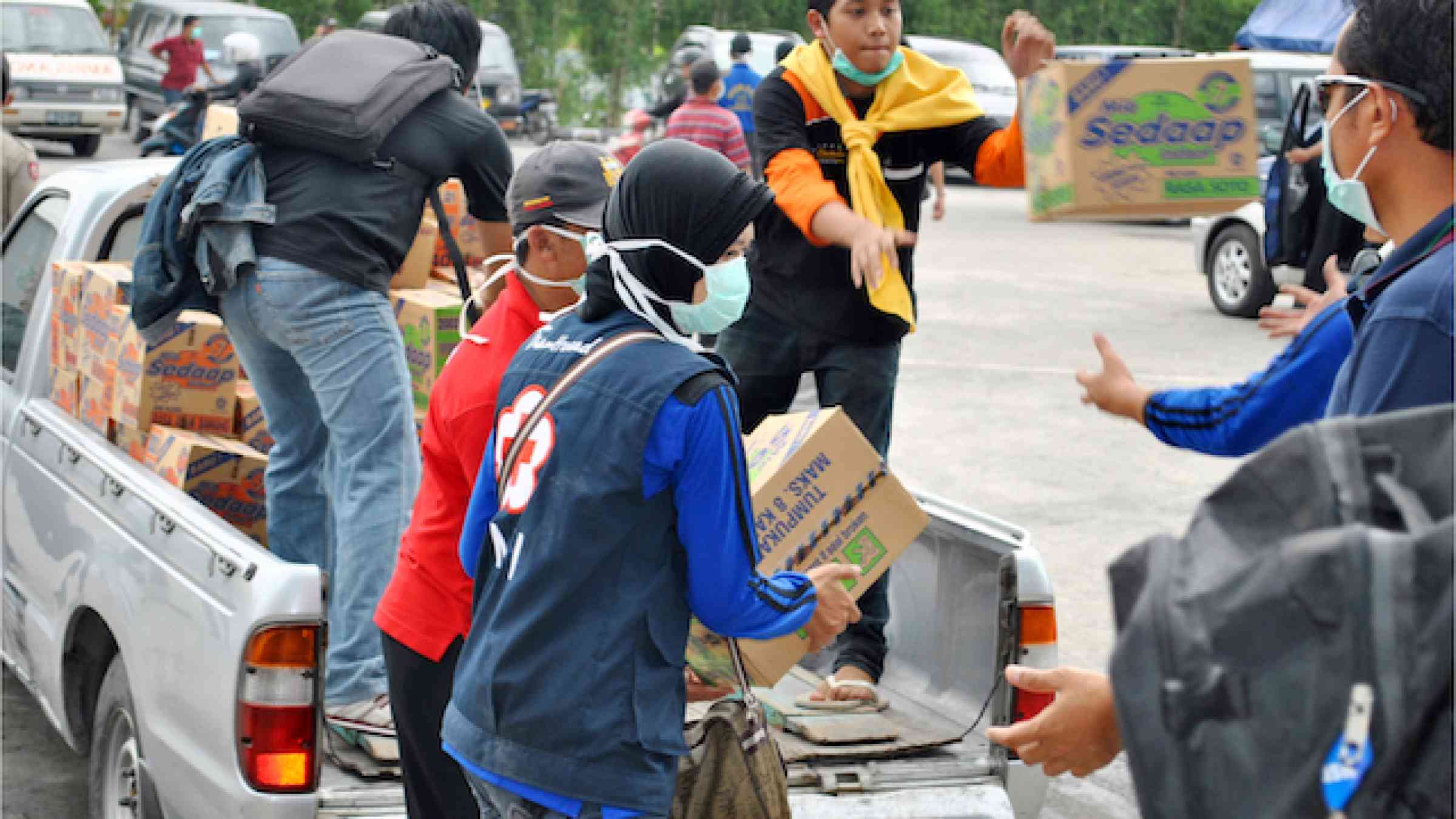Learning Labs: Anticipatory Action & Impact Based Forecasting: Learn how to use Anticipatory Action in your DRR toolbox: What is it and how do you do it?
Anticipatory Action (or “AA”) enables the provision of humanitarian support to vulnerable communities before a hazard occurs. Anticipatory Action has now been implemented in over 60 countries by a range of actors.
It is based on an understanding that most climate related disasters are now predictable and that we can reduce the potential impacts by carrying out actions prior to a hazard impact based on predictions on how the event will unfold and supported by predictable financing. Impact Based Forecasting underpins Anticipatory Action as this enables information about the weather to be considered against its potential impacts and who it is likely to affect.
Interested participants are invited to register for the Learning Labs as soon as possible through this link.
Session objectives
- Take participants through the key concepts of AA and showcase examples of anticipatory action from around the world
- Explain what Impact Based Forecasting is and why this is needed to underpin AA
- Help participants to understand how they can take practical steps to initiate or strengthen early action
- Support longer-term collaboration and exchange between government, humanitarian and DRR actors from global to national levels e.g. Anticipation Hub, regional technical working groups.
Speaker
- UKMet office IBF trainer
- Indonesian Red Cross (PMI) / International Federation of the Red Cross Red Crescent (IFRC)
- Red Cross Red Crescent Climate Centre
Learn more
Participants may benefit from bringing their own laptop (but not essential).
Where do we stand
Anticipatory action represents a crucial opportunity for a better join-up between humanitarian and development programming in practice by ensuring development gains are protected while providing a faster, more efficient and more dignified humanitarian response ahead of shocks turning into crisis. However, it relies on close cooperation and collaboration between different government agencies, NGOs and community groups in order to be successful.

Agenda
Location
BNDCC 2- Mezzanine Floor